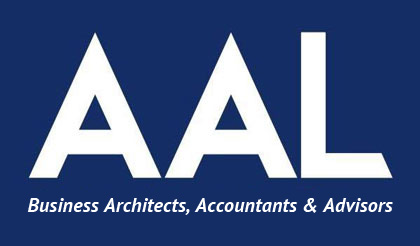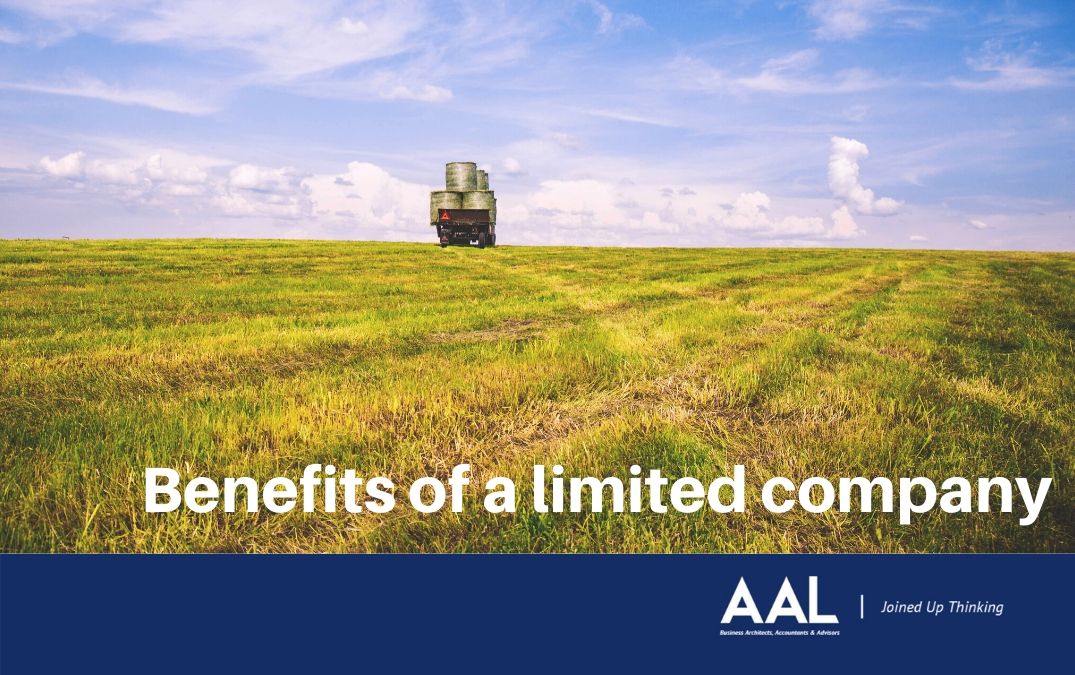Are you operating your business as a sole trader or partnership? Or, are you a farmer looking at the issue of how your farming business is structured? Is it time to change to a limited company structure? In this blog, we look at the benefits and obligations related to limited companies.
When starting out in business, many business owners choose to operate initially as a Sole Trader or Partnership as opposed to forming a Limited Company.
Likewise, farmers or those in a farm partnership where, typically, two farmers join together and split the proceeds of their earnings can benefit by considering creating a distinct legal entity.
However, there comes a time in a company’s development when the owner/operator must ask if this is still the right option for your business or is it time to change to a limited company structure?
Many Sole Traders or Partnerships who operate successful businesses find that they don’t have the same advantages as a Limited Company.
What are the benefits of operating as a limited company?
- Low Corporate tax rate in Ireland of 12.5%.
- Limited liability – if the business / farm becomes insolvent, the owners’ liability is limited to the extent of the contributions to share capital and any personal guarantees.
- A limited company will also give the owners more rights over their company name.
- Another key benefit is the generous allowances that a profitable company can contribute to a pension on behalf of the Director/s. This allows you to minimise taxes while contributing larger sums into a pension scheme.
- More flexible borrowing powers, either by share issue or in dealing with financial institutions.
- There are Capital Gains Tax and retirement reliefs available for transfer of a business to a limited company.
- There is greater scope for tax- planning, wealth management and planning for the future.
Operating such a company brings with it obligations that must be met by those operating the company and acting as Directors of the limited company.
Obligations when operating as a limited company
- Prepare and file accounts annually with the Companies Registration office (CRO).
- Prepare and file Corporation Tax returns.
- Register as an employer – As you are no longer a sole trader, you will generally be an employee of your new company.
- Directors Responsibility – Directors have duties to the company and can be prosecuted if the company is in breach of the regulations.
Speak to AAL
AAL can provide advice and guidance on this issue, to help you determine what is best for your business or for your farm. If you would like our help deciding which business structure to choose, Call us on 00353 52 61 37775 today or complete form and we will get back to you.
Related Article
You may also be interested in this article: 10 Financial Questions If You Are Considering Retirement




